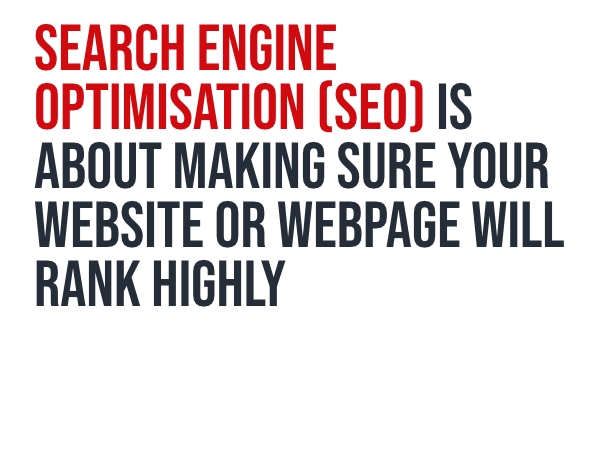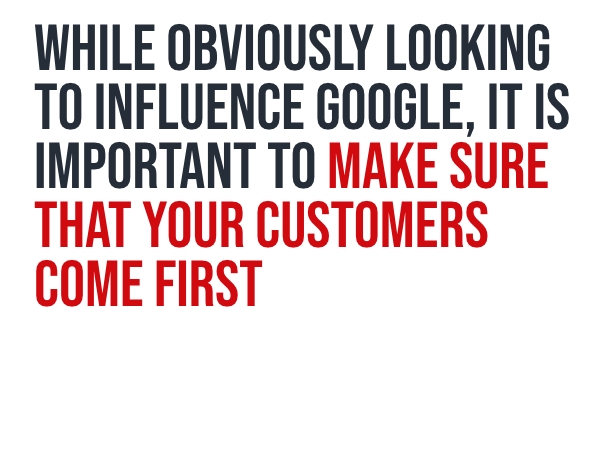
Search engine optimisation (SEO) is about making sure your website or webpage will rank highly when someone makes a relevant search on Google or other search engines. That way you will get more traffic – and from the kind of visitors you’re looking to attract.
Search engines use algorithms to display the results which they believe will be most relevant to the people searching for them. They are constantly adjusting these algorithms – Google has over 200 different ranking factors in theirs – and are now exceptionally good at displaying the results that searchers are seeking.
Good SEO practitioners will have excellent up-to-date knowledge of the search engines’ algorithms, and will use the best approaches to deliver effective, long-term results for their customers.
Here are the various types of listings you’ll see on a results page and how SEO can help:
Search engines like Google are always adjusting their offerings, so there are other types of results, but these are the most important ones when it comes to SEO.
There are four main types of SEO:

This is the first in a series of blog posts about SEO we’ll be adding over the next few weeks. Look out for our next one soon, which will be about getting started with keyword research.
Take a look as well at our range of SEO packages – they’re tailored to help different organisations to achieve their SEO goals.
If you have any questions or would like to find out more about what we can offer you, please get in touch.
We want to generate revenue for you.
Reach out today and let’s get the ball rolling.